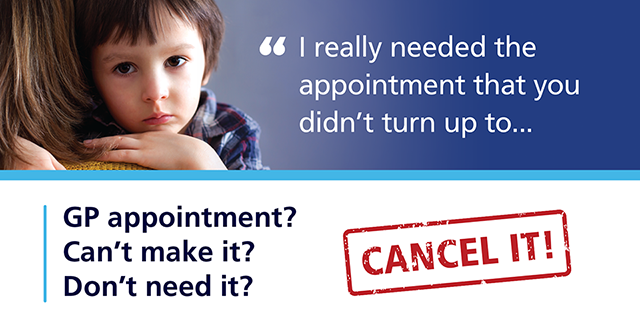Health Websites
Healthcare Service Update
We’re a Breast Feeding Friendly Practice!
We recognise that breastfeeding when out and about can be intimidating for some parents.
Our patients can breastfeed in the surgery waiting areas if they feel comfortable to; if you would feel more comfortable doing so in private room we will try to accommodate if available.
Below you can find more information regarding breastfeeding for parents:
Latest News
Antenatal appointments online
1st December 2023NHS Greater Glasgow and Clyde is directing all pregnant women to register online for their first midwife appointment. Anyone requiring […]
MyApp: My Mental Health
10th October 2023A collection of resources to support your mental health.
Bowel Screening
13th October 2022A bowel screening test can find bowel cancer early, even if you don’t have any symptoms. Half a million people […]
Subscribe to our Latest News!
Online Services
Get StartedYou can use Online Services to check your symptoms and get instant advice, book appointments, order repeat prescriptions, view your GP medical record and more.
* subject to practice preferences




